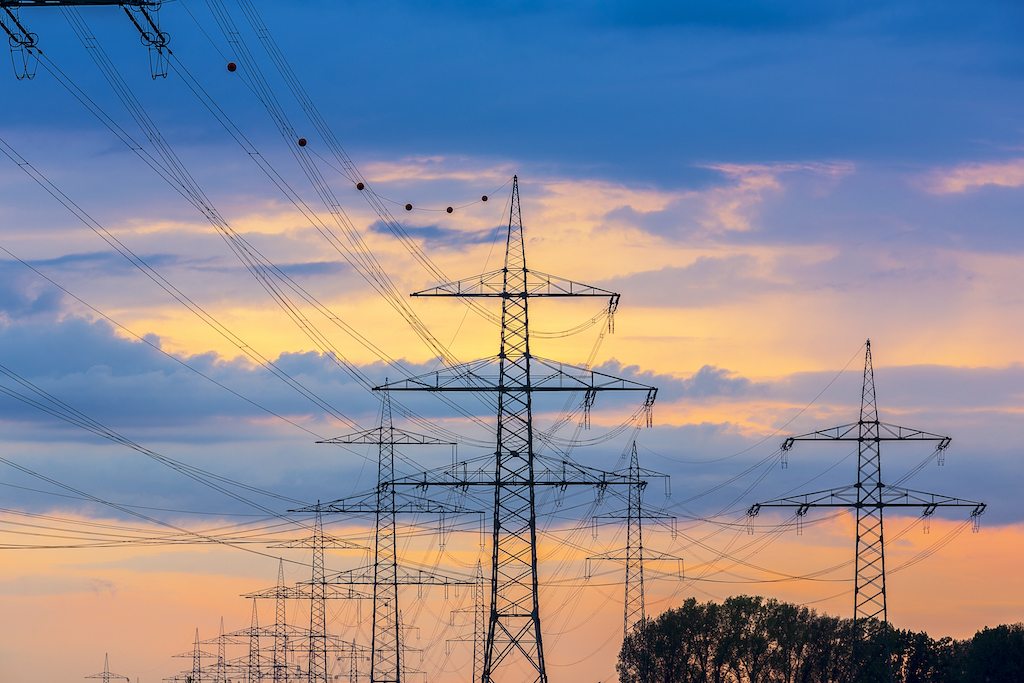

Primary Program

About
Shahid Hasan is a Principal Fellow in the Utilities and Renewables Program at KAPSARC with extensive experience in energy policy, market reforms, and sustainable transitions. Previously, he served as an Associate Director at TERI, leading research on energy economics, policy, and regulation. He has worked closely with policymakers, regulators, utilities, and international organizations, contributing to government reports and facilitating energy sector transformations. With a strong focus on electricity market reforms, pricing, and demand-side management, his work has influenced national and international energy strategies. His expertise bridges academia, consulting, and public policy to drive sustainable energy solutions.
Education
1994-01-01
Aligarh Muslim University
Master - Electrical
1991-01-01
Aligarh Muslim University
Bachelor - Electrical Engineering
Publications

12 January 2025
A Maritime Sector in Transition – The Role of Saudi ArabiaThe maritime sector currently accounts for approximately 2.3% of global CO₂ emissions, with forecasts suggesting that this figure could rise to 10%-13% by 2050 (IMO 2023). This significant increase emphasizes the pressing need for decarbonization to mitigate environmental risks. This...

03 December 2024
Empowering Change: Overcoming Obstacles in Implementing CCS for Power Generation – Key Takeaways for Global PlayersAc...2emissions, which come primarily from the combustion of fossil fuels, reached a record high level of 37.4 gigatonnes (Gt) in 2022 (IEA 2024). At 38% electricity generation continues to be the largest contributor to these emissions, despite the impressive growth in renewable energy.

25 October 2023
US’s Regional Clean Hydrogen Hubs (H2Hubs) Program Key Takeaways for Global PlayersFrom the launch of federal energy and research agencies in the 1970s to the enactment of legislation dedicating resources to clean energy research and the creation of the Office of Energy Efficiency and Renewable Energy , the US has had a rich history of market evolution. These devel...

26 September 2023
Modeling of the Interconnected Middle East and North Africa Electricity System: Including Uncertainties to Better Inform PolicymakersThe modeling of power systems can bring about insightful quantitative results to inform policymakers. This commentary reviews the literature on modeling the Middle East and North Africa (MENA) region’s electricity interconnections and trade in the context of expanding variable and in...

07 December 2022
Insights from India’s Journey to Over 100 Gigawatts of Renewable EnergyThis commentary analyzes the key industry developments, policy and regulatory features, prevailing circumstances and challenges related to renewable energy (RE) in India. It also highlights learnings for other countries. As electricity is a concurrent subject as per the Indian ...

01 March 2022
How Realistic Is Hydrogen for Electrification?Hydrogen has gained considerable global support in the energy policy discourse on how to meet decarbonization targets. Due to its clean-burning properties and versatility, hydrogen is being examined as an alternative fuel source to reduce greenhouse gas (GHG) emissions ...

20 October 2019
Electricity Sector Reforms in Abu Dhabi and Oman: What Have We Learned?Chile was the first country to reform its electricity sector. The reform program was first mooted when Chile’s National Energy Commission was established in 1978; it took off with the enactment of the country’s Electricity Sector Law in 1982. This law is still cited as landmark legis...












